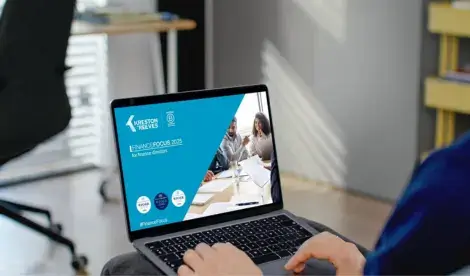27th June 2025 Academy Trust Handbook 2025: Summary for school leaders and trustees
Understanding the updates and changes in the 2025 Academy Trust... Read more
Suggested:Result oneResult 2Result 3
Sorry, there are no results for this search.
Sorry, there are no results for this search.
View all peopleUnderstanding the updates and changes in the 2025 Academy Trust... Read more
Merete Poulsen is an accounts manager in the Accounts and... Read more
If you’ve received a letter from HMRC about Making Tax... Read more
Celebrating local success, growth and innovation As proud sponsors, we... Read more
June saw the return of our annual Kreston Reeves summer... Read more
The Labour Government has, in its Spending Review, announced a... Read more
This award recognises a business that has demonstrated its commitment... Read more
Following on from our webinar, you can now watch ‘Finance... Read more
Having remained stubbornly high, interest rates are now falling and... Read more
The Labour Government has in its Spending Review made it... Read more
Following on from our webinar, you can now watch ‘Finance... Read more
We advise The Drinks Company on its sale to the... Read more












